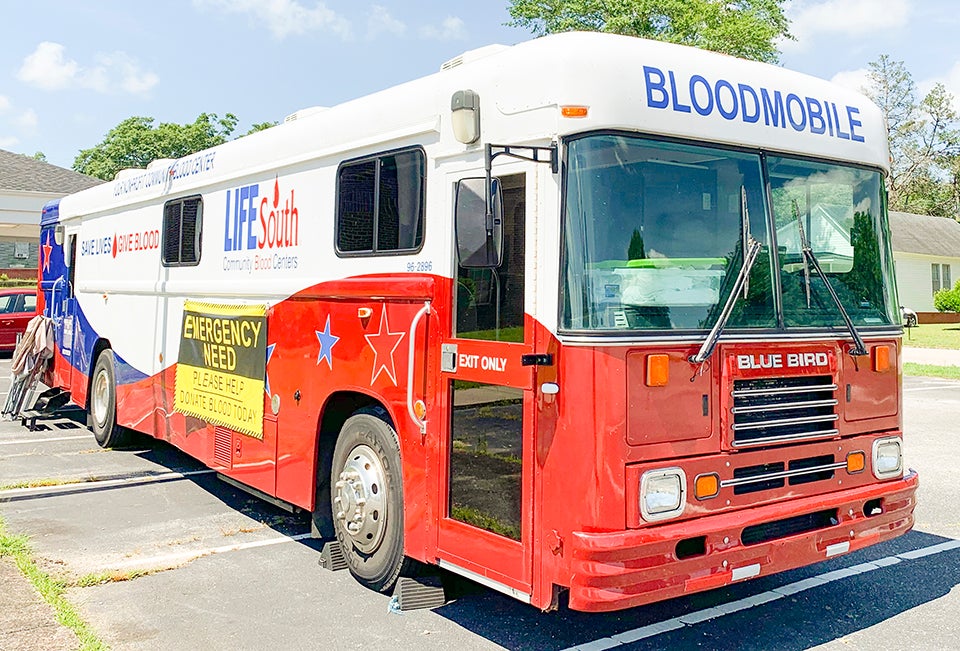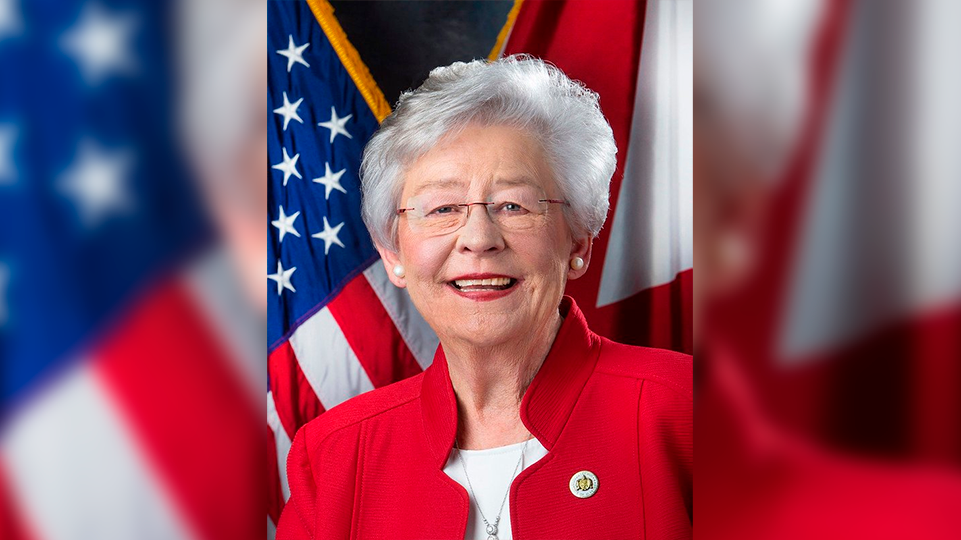LifeSouth says donations are below a two-day supply
Published 4:45 pm Monday, July 29, 2019

- Pictured is a bloodmobile from LifeSouth that is air conditioned and is ready to accept donations from all donors. LifeSouth representatives say all blood types are needed, especially O-Negative which is the universal blood type.
VALLEY — Blood levels for hospitals remain at emergency levels, according to LifeSouth, an organization that collects blood samples and helps replenish hospitals with blood.
According to Melinda Hinds, district community development coordinator with LifeSouth, blood levels are less than a two-day supply.
“It is pretty serious,” she said. “Anytime it drops to that area or below, it is serious. There could a trauma at a hospital and you want those facilities to be where they need to be.”
Typically, LifeSouth likes to have a three or four-day supply of blood at least, and even more typical, five to seven days.
Hinds said all blood types are needed but O-Negative is in high demand because it is the universal donor.
“Right now, if you are O-Negative, we strongly encourage you to take 30 minutes to donate,” she said. “The hospital needs that blood.”
In the Greater Valley Area, LifeSouth Community Blood Centers will be scattered throughout the region this week.
From 11 a.m. to 6 p.m., on Tuesday, July 30, a bloodmobile will be at the CVS in Lanett. From 11 a.m. to 6 p.m., on Wednesday, a center will be at Kroger in Lanett. From 10 a.m. to 4 a.m. on Saturday, a bloodmobile will be at Walmart in Valley.
Hinds said LifeSouth has been calling for blood donations throughout the summer and the need has only gotten direr.
“The summer is always tough because regular blood donors are out of town and schools are out,” she said.
LifeSouth gets about 25 percent of its blood donations from high schools throughout the school year. Hinds said many schools use it as a community service project.
Hinds said the summer heat also has kept people inside their homes instead of donating blood. However, she said the bloodmobiles are cool and comfortable during the summer months.
“We have snacks, drinks and a T-shirt as a thank you for taking that time,” she said. “From the time you get on the bus until you get off the bus, it could mean a lifetime to somebody else.”
Hinds said people need to weigh more than 110 pounds, and be 17 years of age or older. If a person is 16 years old, they need a parent’s permission through a consent form. Additionally, they need photo identification, drink plenty of water and to have eaten something before donating.
“Never donate blood on an empty stomach,” Hinds said.
She said it doesn’t need to be a full meal but a donor has to have eaten something. She said if a person hasn’t eaten and sees a bloodmobile and wants to donate, employees on the bus will get them a snack so they can donate.
Once on the bus, a donor will get registered and be asked questions about recent travel and their medical background. Once a person is determined eligible to donate, they are sent to a donor bed where the process takes about 8-10 minutes.





